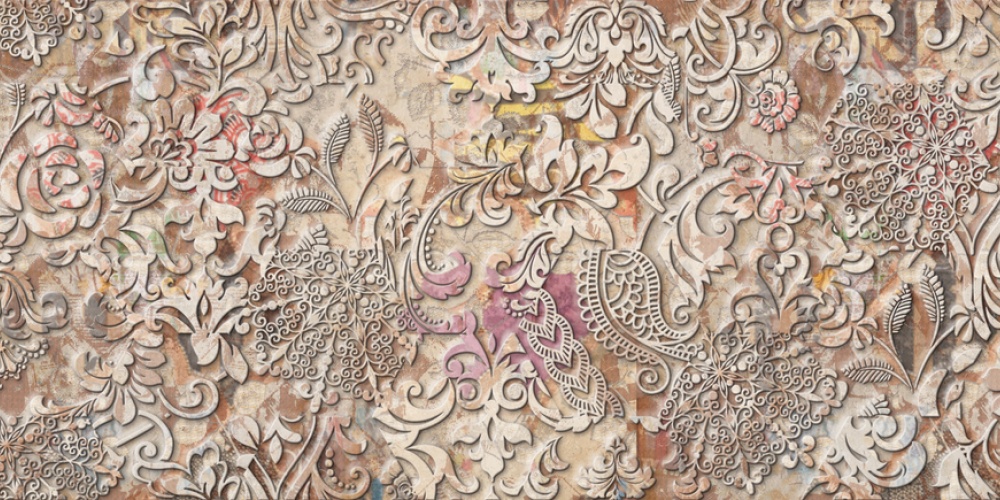
“And Yaakov ripped his garments and put sackcloth on his loins, and he mourned for his son many days” (Breisheet 37:34). Thinking—with good reason—that Yosef, his favourite son, was dead, Yaakov was inconsolable, and he “refused to be comforted” (Breisheet 38:33). His misery was compounded by the fact that there was no body, no funeral, and thus, no possibility of closure.
Yet our Sages (Megillah 17a) add another dimension to his pain, one that seemingly pours salt onto his wounds. They note that the twenty-two years that Yaakov would mourn for his son were a punishment, measure for measure, for Yaakov’s neglect of the mitzvah of kibud av v’eim; he, himself had left his parents for a period of twenty-two years.
This rabbinic understanding is most difficult to comprehend. To claim that Yaakov’s suffering was somehow a result of a failure to properly honour his parents seems to be patently false. Yaakov left home specifically, and only, because both his parents ordered him to do so, instructing him to flee for his life and find refuge—and a wife—in the home of his uncle. Furthermore, G-d had promised Yaakov that He would guard him on his long journey and return him back home. And this is precisely what happened; Yaakov returned home when G-d told him to “go back to your birthplace in the land of your fathers, and I will be with you” (Breisheet 31:3). What exactly did Yaakov do wrong?
Rivka had commanded Yaakov to leave home until such time that “I [she] will send word to summon you home” (Breisheet 27:45). While no mention is made of Rivka actually sending for Yaakov, Rashi (Breisheet 35:8) cites a rabbinic teaching that, indeed, she did. The Torah notes the death of Devorah, the wet-nurse of Rivka (Breisheet 35:8). This would not be so unusual, save for the fact that this is the first and only time we hear of her existence. Her mention is understood to be an allusion to the fact that Devorah was sent by Rivka to inform Yaakov that the danger posed by Eisav had passed, and he could safely return home. Yet Yaakov, quite happy with his lot, chose to remain in the house of Lavan.
And it is due to this neglect—something not even mentioned in the text itself—that Yaakov Avinu had to suffer so many painful years mourning the “loss” of his son (Chizkuni 37:34). G-d judges the righteous harshly, indeed.
The tragedy is compounded as we reflect on the fact that it was only due to his great respect for his mother that he tricked his father in the first place. This deep respect put in motion the series of events that eventually led to the irony of him being punished for not properly respecting his parents.
Both Yaakov and Yosef became quite successful after leaving home; starting families, gaining great economic success and even political power. Yet, busy with their success, each seems to have “forgotten” about their parents, who missed them terribly. While to a certain extent understandable, the nascent Jewish nation requires better.
With rare exceptions, whatever success we may achieve is the direct result of those who have invested so much in us. We must never forget that, recognizing that our debt of gratitude can never be paid off.



